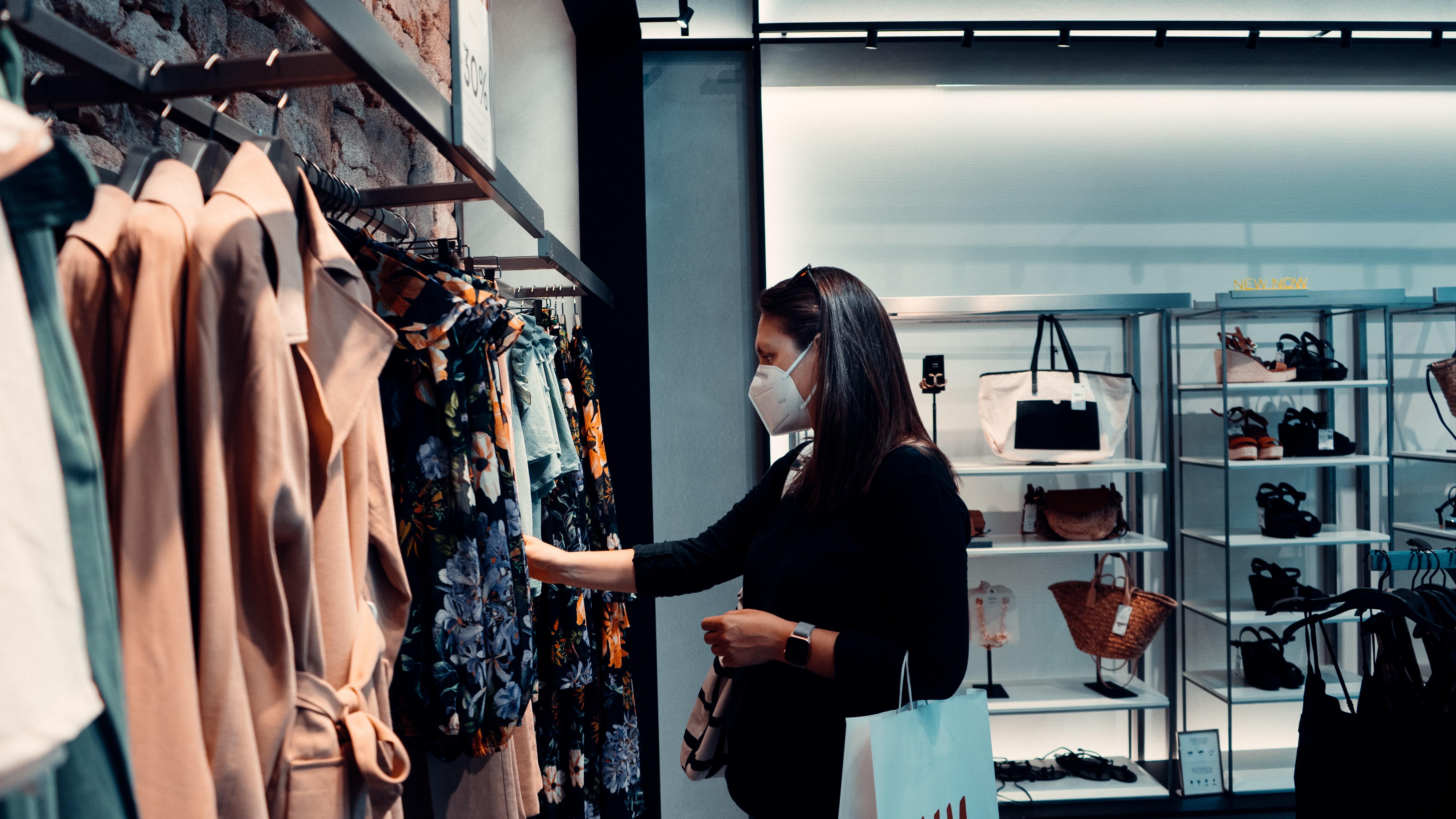The six steps for retail and service sectors to survive

In summary
- The COVID-19 pandemic has had a devastating impact on the retail and service sectors
- New research identifies the steps businesses should take to respond to changes in consumption and contingency plan for the future
- Businesses need to cut-back in some ways and invest in others, such as technology
The COVID-19 pandemic has had a devastating impact on retail and service sectors.
Researchers from Swinburne University of Technology and New Zealand’s Massey Business School, led by Swinburne researcher Dr Carla Ferraro, have released new findings on long-term effects of COVID-19 on the retail and services sectors. The findings help businesses plan for future times of extreme crisis.
Dr Ferraro says, “Relatively little is known about the longer-term impact of the pandemic on service industries. For instance, how will these sectors respond to changes in consumption patterns – and how can they think strategically about future contingencies?”
In some ways, the pandemic will have a similar impact to recessions where retailers responded by cutting back, including laying-off employees, closing underperforming stores and reducing marketing expenditures. Others invested to establish competitive advantage, improving efficiencies or developing new products, services or markets.
The six-step retail and service sector survival blueprint features both cut-back and investment strategies that businesses need to outlast the COVID-19 pandemic:
1. Embed new ways of working
Remote and hybrid working has a role to play in retail and service sectors, and companies who embraced these new ways of working found their staff had been just as efficient – if not more. They also found that technology could facilitate bringing staff together and heighten the consideration for mental health.
2. Rethink the role and purpose of physical space
While many tactics implemented at the onset of the pandemic are likely to revert post-pandemic (i.e. social distancing, sanitising), some are expected to be permanent. Researchers predict two changes to physical environments: store design and payment methods. Stores could transition towards becoming retail showrooms or use technology to enhance consumer interactions along the customer journey, while ramping up online retail strategy.
3. Prioritise digital elements
We know that innovation is critical in turbulent times. The pandemic has accelerated the need for digitisation of retail and service environments. For example, retail will need to offer strong online experiences and services will need to use technology to improve communication, such as QR codes used to order food and drinks.
4. Integrate employees in community
The pandemic has exacerbated the need for employee engagement and sense of community.
For most, if not all businesses, staffing operations required significant change and reorganisation in managing the pandemic’s immediate impact. Two key aspects underpin a long-term change pathway: health and safety of employees and staff resilience and retention.
5. Build agile supply
Disruption of global supply chains has been unlike we’ve ever seen. Businesses have learned the need for long-term agility in supply chain relationships. Researchers found that, moving forward, the agility of contractual terms and agreements (e.g. rental agreements) are becoming increasingly important to retail and service businesses.
6. Plan for future turbulence
There may not be a repeat of the COVID-19 pandemic, but we’re all aware of the turbulence that can be caused by natural disasters, wars and other forces. After the damage already done, businesses should be planning for future turbulence now – with flexibility and agility front of mind when developing business-wide contingencies.
-
Media Enquiries
Related articles
-

- Business
- Technology
Swinburne’s Luminate Pitch Night 2024 advances innovative ideas for a better world
Swinburne’s 2024 Luminate Pitch Night showcased market-ready ideas from 10 founders
Wednesday 12 June 2024 -

- Technology
- Business
Swinburne's Venture Cup unveils pioneering startups as entrepreneurs take centre stage
Swinburne University’s annual Venture Cup pitch night shines a spotlight on remarkable startups by students, staff and alumni.
Thursday 11 January 2024 -

- Business
Is linking time in the office to career success the best way to get us back to work?
In what some employees consider an aggressive move by their bosses to get them back where they can be seen, some companies are now linking office attendance to pay, bonuses and even promotions.
Monday 22 January 2024 -

- Business
6 questions you should be ready to answer to smash that job interview
With the new year underway employers are beginning to resume normal business activities and restart their hiring process. Similarly, many school and university graduates are beginning their job search after a well-earned break.
Wednesday 17 January 2024 -

- Student News
Swinburne helps deepen multi-disciplinary understanding
Swinburne recently hosted nine Indonesian students as part of the prestigious Indonesian International Student Mobility Awards, Vocational Edition (IISMAVO).
Thursday 07 December 2023

